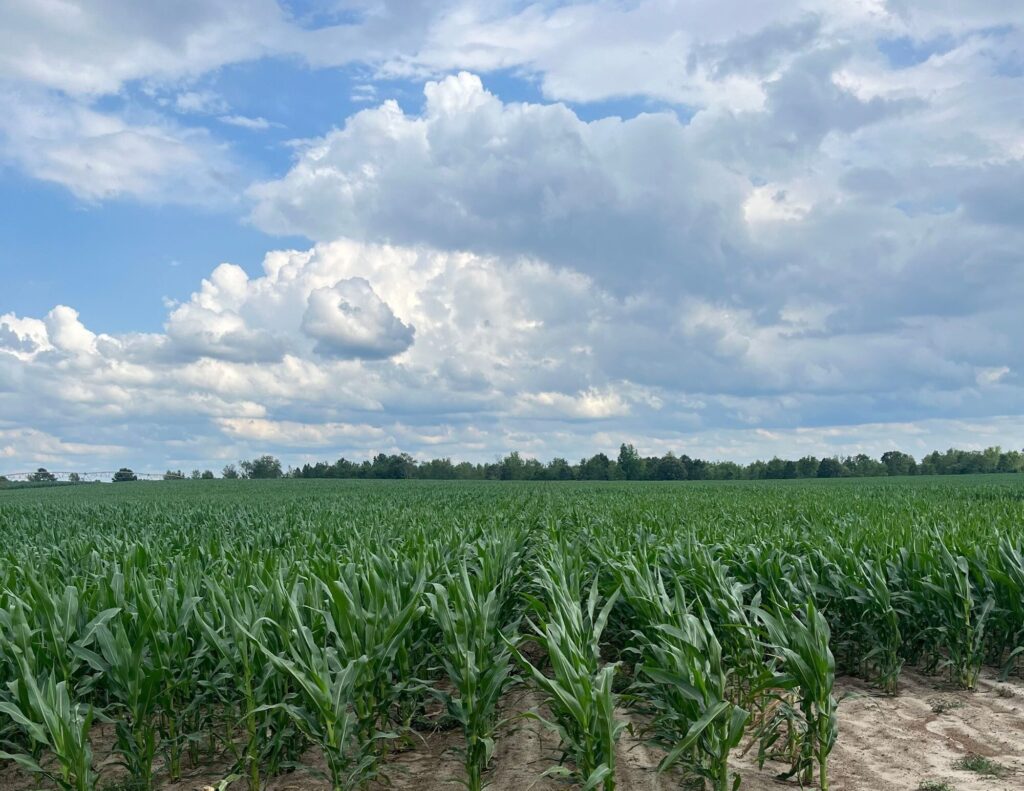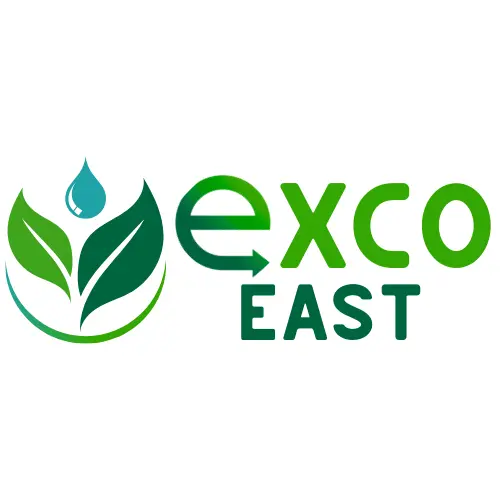
Hydrolyte benefits the agricultural industry due to its versatile applications and anti-pathogenic qualities.
Read below to learn about the key features and benefits of using Hydrolyte in agricultural practices:
Features:
- Powerful Disinfectant – Hydrolyte is a strong oxidizer and has broad-spectrum antimicrobial properties. It is effective against bacteria, fungi, viruses, and algae.
- Non-toxic & Safe – Unlike many chemical pesticides and disinfectants, Hydrolyte is non-toxic to humans, animals, and plants when used properly, making it an eco-friendly alternative.
- Natural Properties – Hydrolyte is a naturally occurring substance that is produced by white blood cells in the human body to fight infections. It can be produced in a controlled manner for agricultural use.
- Rapid Degradation – Hydrolyte breaks down quickly into harmless byproducts (like salt and water), which reduces the risk of long-term environmental impact.
- Versatile Application – Hydrolyte can be used in various forms, such as foliar sprays, irrigation systems, soil treatments, and cleaning equipment.
- Compatible with Organic Farming – Hydrolyte is an approved substance in organic farming, making it suitable for farmers seeking to maintain organic certification.
Benefits
- Improved Plant Health – Hydrolyte helps in reducing pathogens that can harm crops, leading to healthier plants and reduced disease incidences, such as bacterial wilt, mold, and blight.
- Increased Yield – Hydrolyte can indirectly boost crop yields and produce better-quality harvests by preventing plant diseases and improving overall plant health.
- Enhanced Pest Control – Hydrolyte can help control a variety of pests, including fungi, bacteria, and viruses that commonly affect crops.
- Improved Soil Health – Hydrolyte helps to clean soil by reducing microbial pathogens and promoting a balanced ecosystem of beneficial soil microorganisms.
- Reduced Use & Dependency on Harsh Chemicals – Using Hydrolyte reduces the need for traditional chemical pesticides and fertilizers, which typically contain harsher ingredients that can harm the environment and soil over time.
- Increased Post-Harvest Longevity – Hydrolyte can be used to treat harvested produce, reducing bacterial load and extending shelf life by minimizing decay and spoilage.
- Disease Prevention – By controlling harmful pathogens in irrigation water, on crop surfaces, and in the soil, Hydrolyte helps to prevent the spread of diseases.
- Eco-Friendly & Sustainable – As a non-toxic substance that decomposes into harmless byproducts, Hydrolyte supports sustainable farming practices without compromising crop quality or the environment.
- Better Root Development – When used as a foliar or root-zone treatment, Hydrolyte may promote better root development by reducing pathogens that interfere with nutrient uptake.
By using Hydrolyte in agriculture, farmers can achieve more sustainable, eco-friendly practices while improving crop health, quality, and yields.
